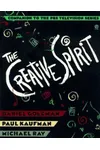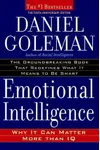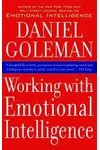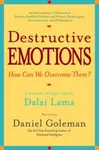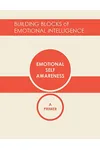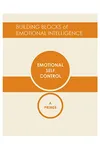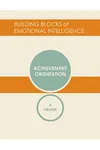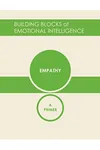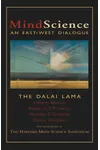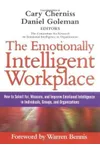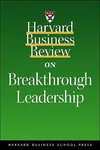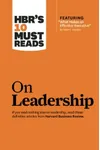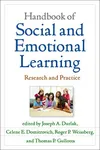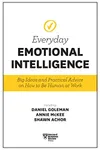Picture an American psychologist who flipped the script on success with a single, game-changing idea—meet Daniel Goleman! Known for his groundbreaking work on emotional intelligence, Goleman’s 1995 bestseller Emotional Intelligence showed the world that EQ often trumps IQ in life, love, and leadership. His warm, accessible writing has inspired millions to rethink human behavior and embrace empathy.
From classrooms to boardrooms, Goleman’s ideas have sparked a global movement, making emotional smarts a cornerstone of personal and professional growth. Let’s dive into the life, works, and lasting impact of this visionary thinker who’s all about heart and mind.
The Making of Daniel Goleman
Born on March 7, 1946, in Stockton, California, Daniel Goleman grew up in a world of ideas. His parents, both college professors, nurtured his curiosity, setting the stage for a lifelong passion for understanding human behavior. Goleman earned a Ph.D. in psychology from Harvard, where he studied under renowned psychologist David McClelland. His early career as a science journalist for The New York Times honed his knack for translating complex ideas into stories anyone could grasp.
Goleman’s fascination with emotions took root during his travels in India, where he explored meditation and Eastern psychology. These experiences shaped his unique blend of rigorous science and human insight, paving the way for his revolutionary work on emotional intelligence.
Daniel Goleman’s Unforgettable Works
Goleman’s breakout hit, Emotional Intelligence (1995), redefined success by arguing that self-awareness, empathy, and social skills often matter more than raw intellect. The book’s relatable style and compelling research made it a global phenomenon, selling over 5 million copies and influencing everything from parenting to corporate leadership.
He followed up with Working with Emotional Intelligence (1998), diving deeper into how EQ shapes workplace success. In Primal Leadership (2002), co-authored with Richard Boyatzis and Annie McKee, Goleman explored how emotionally intelligent leaders inspire teams. His 2013 book Focus tackled the science of attention, urging readers to master mindfulness in a distracted world. Goleman’s writing is clear, engaging, and packed with practical insights, blending neuroscience, psychology, and real-world stories.
His style shines in its accessibility—whether you’re a CEO or a curious reader, Goleman makes you feel like you’re chatting with a wise friend. His work often bridges science and self-help, offering tools to live better, connect deeper, and lead smarter.
Why Daniel Goleman Matters
Goleman’s work has reshaped how we view intelligence, success, and relationships. In education, his ideas have inspired social-emotional learning programs, helping kids develop empathy and resilience. In business, companies use his frameworks to build better leaders and teams. His influence even reaches personal development, encouraging people to cultivate emotional awareness for a more fulfilling life.
By making emotional intelligence a household term, Goleman has fostered a more empathetic world. His legacy lies in showing us that emotions aren’t just feelings—they’re powerful tools for connection and growth.
About Daniel Goleman
- Born: March 7, 1946, Stockton, California
- Key Works: Emotional Intelligence (1995), Working with Emotional Intelligence (1998), Primal Leadership (2002), Focus (2013)
- Notable Achievement: His book Emotional Intelligence spent over a year on The New York Times bestseller list
Ready to boost your EQ? Grab Emotional Intelligence and dive into Daniel Goleman’s world of heart-smart wisdom!










